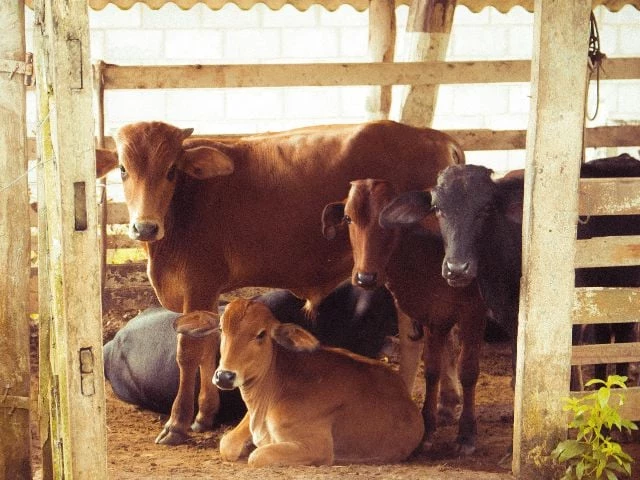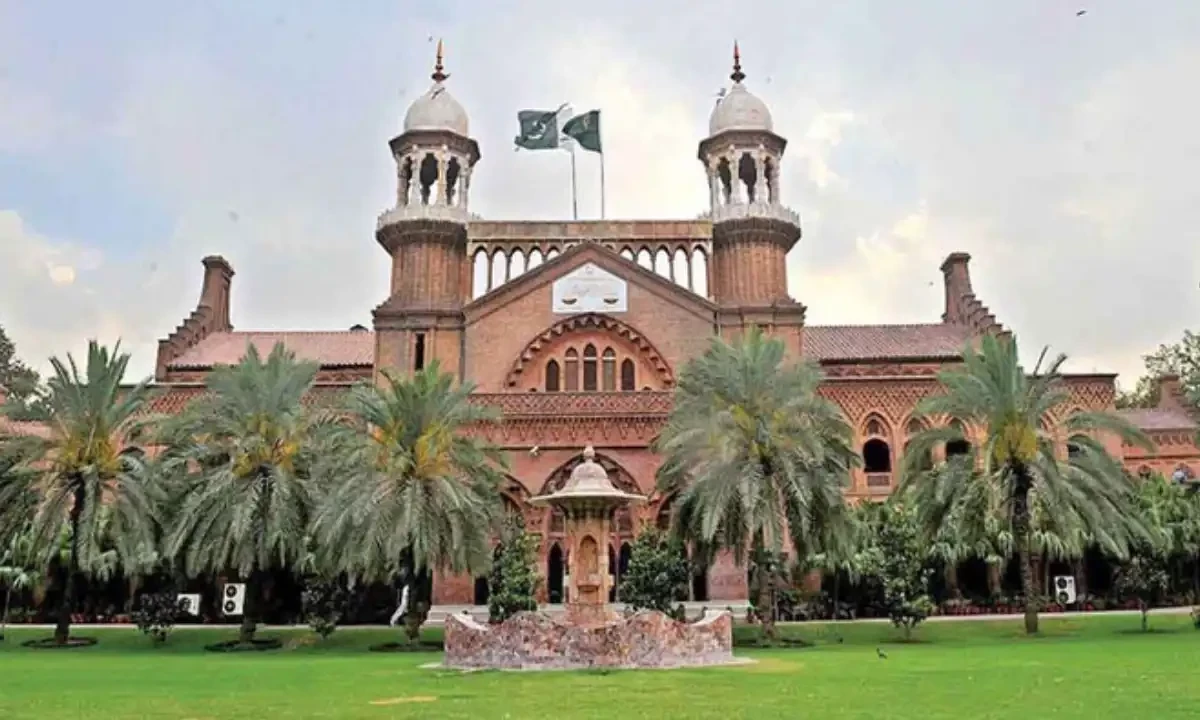LAHORE, June 25 (TNF): Pakistan’s inaugural Farm Animal Welfare Conference concluded in Lahore on Wednesday with a powerful appeal for compassion and legal reform in the treatment of animals. The conference called for a national shift in perception—framing animal welfare as a moral, religious, and scientific imperative aligned with Islamic values and international standards.
Organized by the Pakistan Animal Rights Advocacy Group (PARAG), the one-day event brought together a diverse array of professionals from academia, veterinary science, law, agriculture, environmental sciences, and religious institutions.
Keynote speeches were delivered by Prof. Dr. Iqrar Ahmad Khan, Chairman of the Punjab Higher Education Commission and former Vice Chancellor of the University of Agriculture Faisalabad, and Dr. Muhammad Arshad, who both stressed the need for science-backed, ethically grounded practices in animal farming.
Speaking at the summit, PARAG Chairperson Ayeza Haider described the conference as a transformative milestone in Pakistan’s approach to animal rights. “It is time we move beyond viewing animals merely as commodities. Compassion and empathy toward animals should define the character of a humane society,” she said.
According to details reported in The Express Tribune, the conference featured a wide range of prominent voices, including Dr. Mazher Ayaz (Vice Chancellor, Cholistan University of Veterinary and Animal Sciences), Dr. Muhammad Zahid Farooq (UVAS, Jhang), Islamic scholar Dr. Shehzad Saleem, Dr. Farhan Farooq (CEO, KK Chicks), environmentalist Dr. Saadia Khalid, and Todd Shea (CDRS), among others.
Speakers emphasized the urgent need to reform outdated animal welfare laws in Pakistan and called for comprehensive improvements in farming, housing, and slaughtering practices. Many noted the widespread lack of training among farmers and slaughterhouse workers, which directly affects animal well-being.
The conference declaration strongly underscored that kindness to animals is not only a moral responsibility but also a religious duty, citing Article 14 of the Constitution of Pakistan, which guarantees dignity—including that of animals—under the state’s protection.
Panel discussions explored a wide range of critical issues, including legislative gaps, ethical and Shariah-compliant slaughter methods, nutrition and housing standards, protection of native flora and pollinators like bees, and hands-on training for farmers.
Participants unanimously agreed that promoting animal welfare is essential to fostering a more ethical and sustainable agricultural system in Pakistan and urged government institutions, civil society, and religious leaders to collaborate in this national cause.



